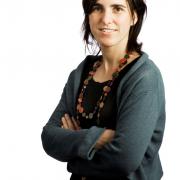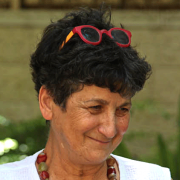Hub therapy: working with different stakeholders
Find this session's presentations here.
More and more science centres, museums, research organisations and universities work together with different stakeholders: they form hubs where research institutions, policy makers, the industry, NGOs and even children and teenagers meet. These collaborations are moving away from one-off interactions to attempts to create more long-lasting relationships. Moving towards building common agendas and satisfying all these different needs is not such an easy process, even for the most experienced ones.
Of course the benefits of working with hubs exceed the problems that our organisations encounter along the way. However, nobody said this was going to be easy for any of those involved. We all have our own agendas, timings, ways of working and struggles.
Our speakers have said yes to the hub model, and now that the fun has started they will share their own struggles, conflicts and battles on how they attempt to make these relationships work out.
Facilitator
Head of Living Lab for Health
Session speakers
We will share what we learned from the experience of 14 science centers and museums, partners in the Hypatia EU Horizon 2020 that addresses the need to bring more teenagers especially girls into STEM Career. All the 14 created Hubs with local stakeholders that helped them to develop, operate and disseminate the activities, but different conditions affected the approach for recruiting, and the strategy of operating hubs, in order to respond to the different and common challenges
University of Twente / Pre-U
Pieter is director of the University of Twente regional hub, and former chair of the Dutch national council of regional networks of schools, universities and companies.
Head of Public Engagement
Head of Living Lab for Health
I will share the experiences that the Living Lab for Health at IrsiCaixa is running in the context of the EC funded project EnRRICH (www.enrrich.eu), which aims to promote collaboration between different stakeholders to promote participatory research agenda setting and engaged research within the so called Science Shops.




